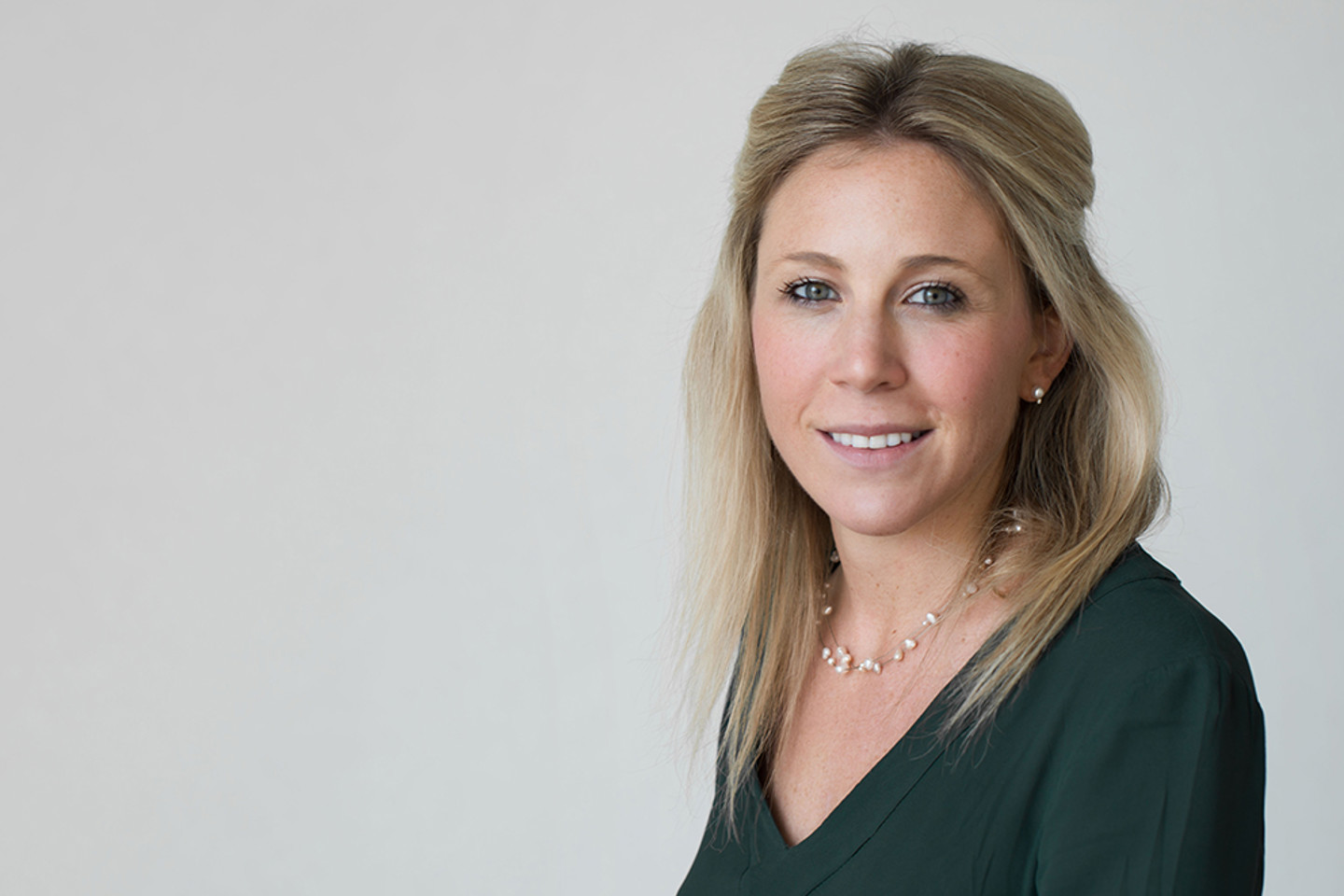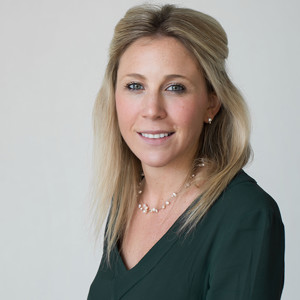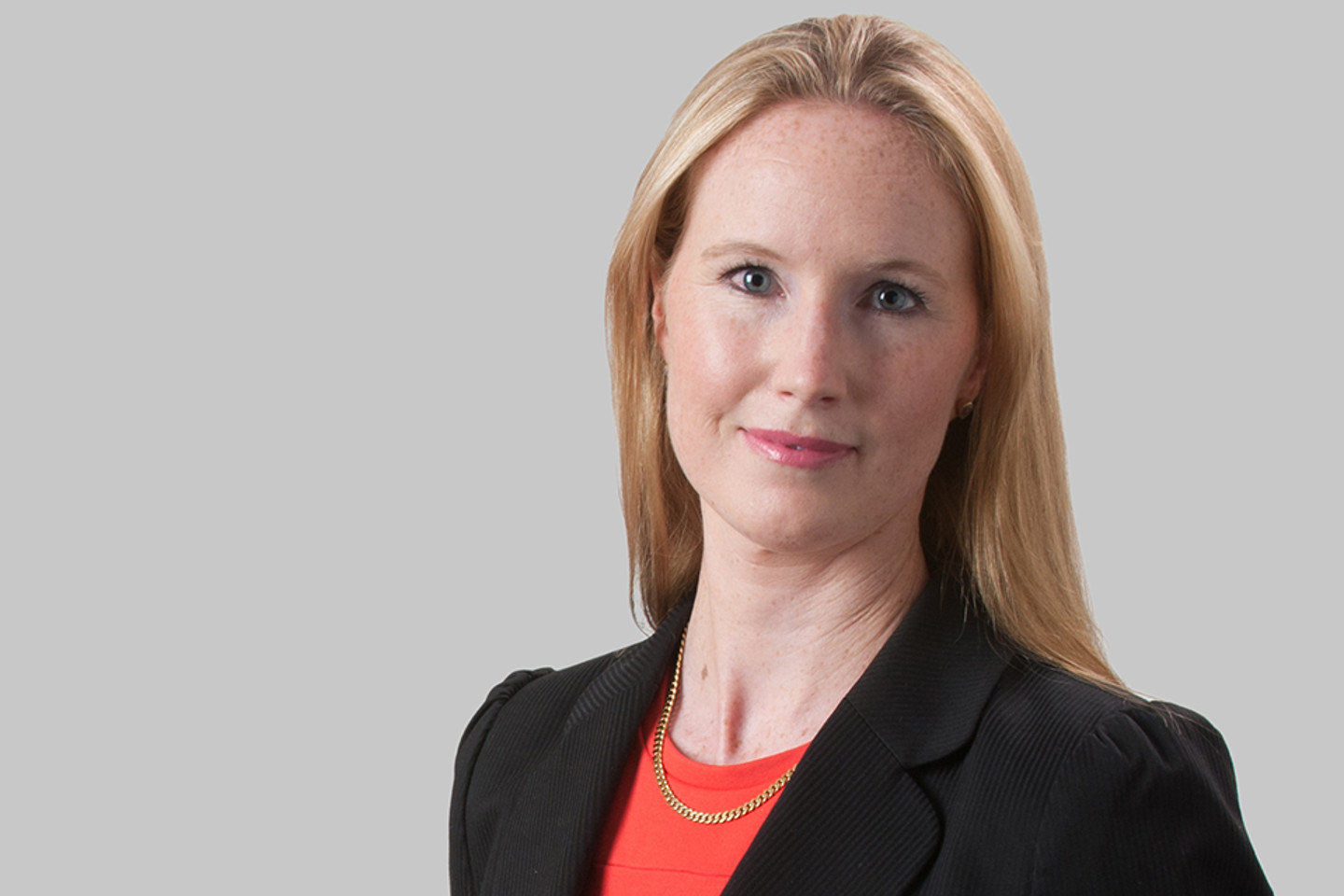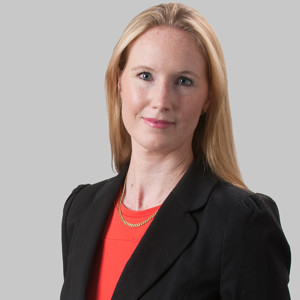
Joanne Huckle
Partner | Legal
Cayman Islands

Joanne Huckle
Partner
Cayman Islands
No Content Set
Exception:
Website.Models.ViewModels.Components.General.Banners.BannerComponentVm
When it comes to tackling global challenges, from climate change to population growth, it's not just activists, politicians and scientists who are seeking to bring about urgent action – the financial services industry also has an important role to play.
Using financial markets as a force for good was one of the themes discussed at Climate Week NYC 2022, where partner Joanne Huckle spoke about the opportunity for international finance centres like the Cayman Islands to make a genuine impact on how ESG develops within the alternative investment industry.
However, in order for the financial services industry to better understand how it can affect transformational change, there needs to be a wider understanding and consistency around the use of the term "ESG", according to Kate Hodson, Ogier's Head of ESG (Legal).
"The conversation around ESG is clearly much broader than just climate, but climate change has been identified as one of the greatest long term and global risks facing humanity and so it would be unusual if a reference to ESG didn’t intend to take into account climate. However, the depth of attention on other aspects, including under the 'S' category, is not always so clear. The 'E', 'S' and 'G' of ESG are highly connected and can be symbiotic in nature, together contributing to long term sustainability. Hence, we have seen them lumped together in one term," she said.
"However, each of the components are important and complex topics that need to be considered on a standalone basis. It is important not to slip into using the term ESG when, for example, one is really only talking about the 'E'. This, of itself, can contribute to a form of greenwashing or confusion".
How can the Cayman Islands play its part in supporting sustainable business practices as well as combating climate change?
Joanne, from Ogier's investment funds and funds regulatory practice in the Cayman Islands, points to the importance of the Cayman Islands as an international finance centre: "We may be small when it comes to our geographic size but Cayman is an important offshore centre with over 28,000 regulated funds. Any regulation within the Cayman Islands, including with respect to the funds industry, can therefore have more wide reaching and global impacts. However, deciding the best way to go about just regulation is not straightforward especially as we see inconsistencies emerging between other jurisdictions."
A focus for regulation in the investment funds industry in Cayman needs to be anti-greenwashing measures, said Joanne: "Investor protection is at the heart of CIMA's approach to regulation of the industry. Greenwashing encompasses a broad range of misrepresentations - for example, a fund manager misrepresenting their own sustainability-related practices ranging from the inappropriate use of specific sustainability-related terms to, at the other end of the spectrum, deceptive marketing practices. So this is really something regulation needs to focus on. But we really are on the cusp right now."
Kate agrees with this focus, particularly when it comes to question of so called "ESG funds": "Unfortunately descriptions of sustainability and ESG practices have been so generic that investors don’t always know what they are getting. Often you have to dig down to portfolio composition to understand more about what ESG really means to the fund or the manager. Whilst institutional investors might be well placed to do that, many private investors (let alone retail investors) will not necessarily appreciate the distinctions between the different approaches to ESG and the term 'ESG fund' on its own has no clear meaning. Whilst it's true that greenwashing may be dealt with in claims of misrepresentation and misleading conduct, the aim of any such regulation is actually to provide guidance to prevent greenwashing arising in the first place. This is a much more efficient and less expensive way of policing greenwashing (.e rather than relying on the court process)."
ESG factors – a risk and opportunity perspective
As Kate further explained, E, S and G factors can be looked at from both a risk and opportunity perspective: "Risk assessment is already well understood to be a key component in investment decision making. Historically, environmental and social factors were perhaps considered to be less widely relevant to investment decisions than they are today. The rise in awareness of issues surrounding climate change as well as events such as the 'Me Too' movement and 'Black Lives Matter,' have brought E and S issues to the fore. They are now broadly considered relevant to a wide range of strategies, although how material they are to a strategy is another question.
"It is the fact that ESG factors are considered to be so much more relevant to investing today that many argue that the term 'ESG' investing will eventually become superfluous. Namely, that the integration of ESG factors into the investment process, at least from a risk management perspective, will become part of the normal course of business. Indeed, many investment managers now commit to integrating ESG into their investment decision making and risk management processes. However, one of the greatest risks on the green washing front could potentially be in this category of 'ESG integration'."
Disclosures on ESG integration
In a comment letter submitted by BlackRock earlier this year to the US Securities and Exchange Commission (SEC), the investment company explained that its portfolio managers utilise ESG information in the investment process alongside traditional risk metrics but argued that a separate "ESG Integrations Fund" category should not be created. The comment letter was in response to the SEC's proposed rules on ESG disclosure and points out that funds that only integrate ESG factors alongside other investment considerations, which are considered more core to the investment objective, should not be considered ESG investments.
"As investors might want to be able to distinguish between asset managers which are and are not integrating ESG factors into investment processes, disclosures on ESG integration can be valid and may give comfort to investors," said Kate.
"However, investors should be clear that this doesn’t of itself create an ESG investment and such funds should not be sold as ESG funds or the like. For example, ESG factors may be considered but ultimately determined not material and therefore have no real bearing on the investment decisions or strategy. This is very different from funds that incorporate E, S, G and/or sustainability considerations, into their strategy so that these factors play a significant role in the investment selection process.
"The industry consultation and feedback that we have seen in response to new and proposed regulation in the EU, US, Hong Kong and elsewhere is useful to consider when constructing our own form of rules in the Cayman Islands as we all have a desire to see that any such rules are practical and impactful, ie that they are designed to achieve the objectives without putting undue burden on funds."
Ensuring investor protection
According to Joanne, ESG has been exploited by those looking to take advantage of consumers’ interests in green and sustainable products: "Anti-greenwashing measures should ensure a level of investor protection against this, ensuring that funds marketed as ESG focused funds are making meaningful changes to their investment strategy, that they properly disclose and are transparent about ESG related risks – and that they are held accountable through reporting."
The regulator in the Cayman Islands has ESG regulation as a top agenda item, and it has already put out some advisories stressing its role in investor protection and the importance of fund operators identifying, measuring, monitoring, and managing material ESG-related risks.
"We wouldn’t expect there would be a desire for the Cayman regulator to start to direct what a fund can invest in or its investment strategy, it is more likely CIMA will focus on investor protection, which is where anti greenwashing measures come in, but this is currently speculation as we wait to see how the regulation is shaped."
But questions still remain, said Joanne. For example, how broad will the regulation be? Will it capture all funds or just those holding themselves out as ESG related or focused funds, will it be in the form of a prescriptive code or rather in the form of guidance?
About Ogier's sustainable investment services
Ogier is committed to participating in the expected industry consultation on the slated developments in this area and will look to draw on its internal resources in contributing to such feedback and consultation. In addition to having a dedicated Cayman Islands regulatory practice, Ogier established its Sustainable Investing and Impact Funds practice in 2019 which is led by partner Kate Hodson, an experienced investment funds lawyer with a Masters in Energy and Environmental Law. In 2020, Ogier Global launched its Sustainable Investing Consulting service, a dedicated consultancy offering bespoke design, integration, management and reporting solutions to its clients.

Joanne Huckle
Partner | Legal
Cayman Islands

Joanne Huckle
Partner
Cayman Islands

Kate Hodson 凯特 ·赫臣
Partner and Head of ESG (Legal) 合伙人 | Legal
Hong Kong

Kate Hodson 凯特 ·赫臣
Partner and Head of ESG (Legal) 合伙人
Hong Kong
Ogier is a professional services firm with the knowledge and expertise to handle the most demanding and complex transactions and provide expert, efficient and cost-effective services to all our clients. We regularly win awards for the quality of our client service, our work and our people.
This client briefing has been prepared for clients and professional associates of Ogier. The information and expressions of opinion which it contains are not intended to be a comprehensive study or to provide legal advice and should not be treated as a substitute for specific advice concerning individual situations.
Regulatory information can be found under Legal Notice
Sign up to receive updates and newsletters from us.
Sign up
No Content Set
Exception:
Website.Models.ViewModels.Blocks.SiteBlocks.CookiePolicySiteBlockVm